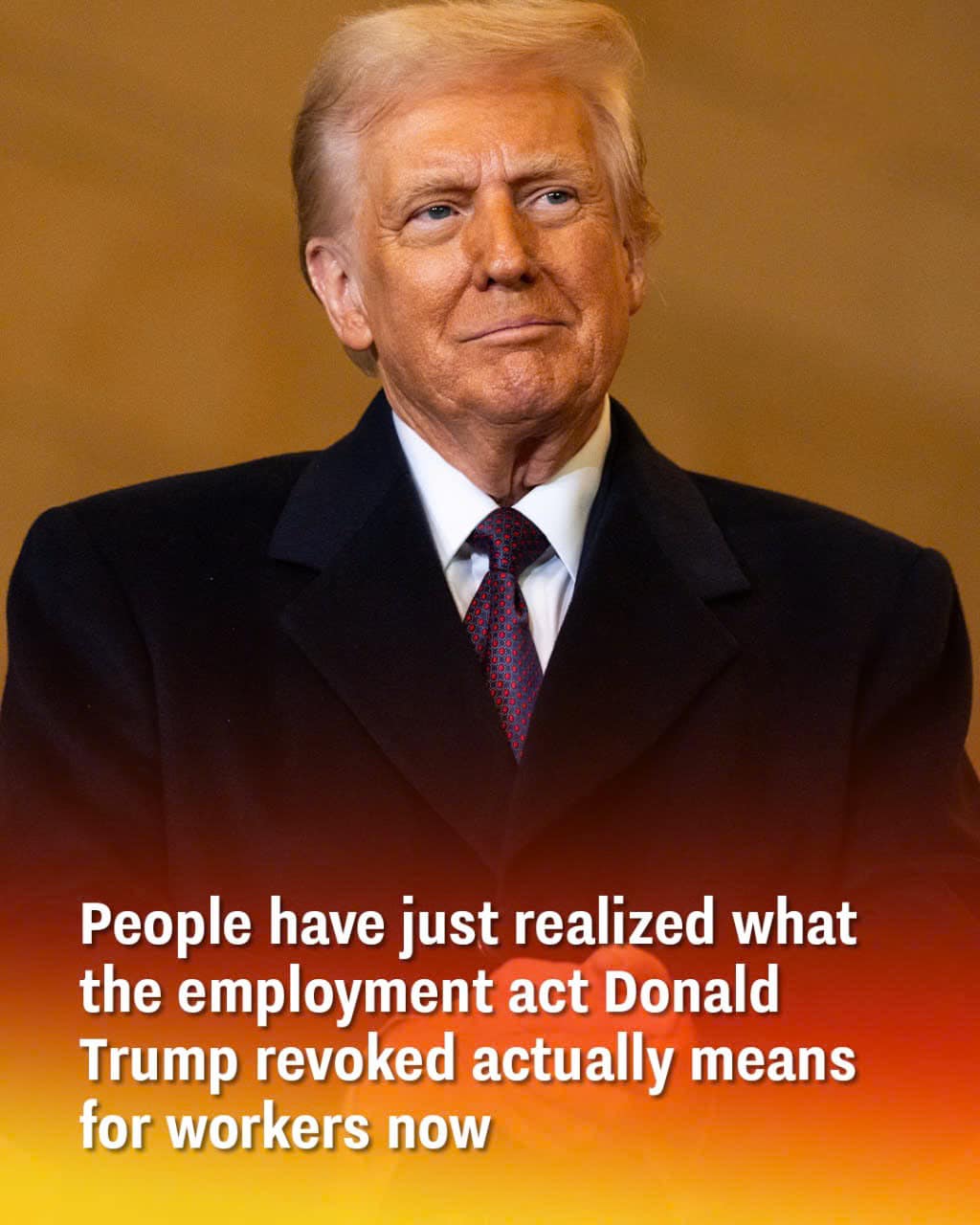Critics argue that the revocation undermines protections for marginalized groups. One Twitter user remarked, “Good for straight white males. Bad for everyone else.” Public opposition is growing, with many urging the administration to reverse the decision.
Divided Reactions
Political strategist Basil Smikle Jr. criticized the move, stating, “This is a clear attempt to erode the political and economic power of people of color and women. It opens the door for cronyism.” Advocates for DEI programs stress their importance in ensuring equitable opportunities for historically marginalized communities.
On the other hand, Louisiana Senator John Kennedy praised Trump’s decision, asserting, “The best way to stop discriminating on the basis of race or gender is to stop discriminating on the basis of race and gender. Most Americans don’t think about race or gender as much as some in Washington suggest.”
Broader Implications
The revocation of Executive Order 11246 signals a significant shift in federal employment policy, moving away from decades of systemic efforts to address inequality in hiring and promotion practices. While Trump and his supporters frame the decision as promoting fairness and eliminating perceived reverse discrimination, critics fear it will dismantle protections for people of color, women, and LGBTQ+ individuals.
As debates continue, the long-term effects of this decision remain uncertain. Will it foster fairness, as proponents argue, or roll back decades of progress in workplace diversity? What’s clear is that the controversy underscores deep divisions in American perspectives on equality, meritocracy, and the government’s role in shaping workplace policies.

